
For decades, the West African Examinations Council (WAEC) has stood tall as a trusted institution overseeing public examinations in Ghana and across the West African subregion.
Its certificates at both the Basic Education Certificate Examination (BECE) and the West African Senior School Certificate Examination (WASSCE) levels have been accepted as credible proof of academic achievement, serving as a gateway to further education, employment, and professional advancement.
Generations of students have relied on the integrity of these examinations as a fair measure of merit and ability. In recent years, however, disturbing developments threaten to erode this hard-earned reputation.
Reports of examination malpractices, ranging from the leakage of question papers to organised cheating syndicates, have become increasingly common. These trends raise legitimate questions about the security of WAEC’s processes and, more worryingly, about the values being cultivated among the youth.
If left unchecked, such practices risk rendering WAEC certificates meaningless and tarnishing the credibility of Ghana’s entire educational system.
The Ghanaian Times is particularly concerned about reports from the Ashanti Region, where students of Konongo Wesley Senior High School vandalised school property after being prevented from cheating in the ongoing WASSCE.
That young people would go to such lengths, not because they were unfairly treated but because they were denied an opportunity to cheat, is deeply troubling. It points to a dangerous shift in mind-set where dishonesty is seen not as a shame but as a virtue, and integrity is sacrificed on the altar of expediency.
This culture of shortcuts is an injustice to the thousands of hardworking and honest students who toil day and night in pursuit of genuine success. Their efforts risk being undermined when a few seek to cut corners through fraudulent practices.
Moreover, if employers and institutions of higher learning begin to doubt the credibility of WAEC certificates, it is the entire nation’s human resource base that will suffer.
That said, it would be unfair to ignore the enormous responsibility WAEC shoulders. Conducting high-stakes examinations for hundreds of thousands of candidates across multiple countries is a complex task that demands meticulous logistics, airtight security, and coordinated supervision.
Mistakes can happen, but the frequency and scale of recent incidents suggest that more decisive measures are required. WAEC’s credibility is simply too important to be left vulnerable.
A collective response is therefore essential. WAEC must urgently invest in modern, technology-driven solutions to safeguard its examinations. Biometric verification, digital encryption of question papers, and real-time monitoring systems are no longer luxuries but necessities.
The Ministry of Education, working with school authorities, must tighten supervision and ensure that invigilators are empowered to enforce discipline without fear or compromise.
Parents and communities also have a role to play by instilling in their children the values of honesty, diligence, and hard work. Teachers must reinforce these lessons in the classroom, and students must be guided to understand that true success can only be achieved through effort, not dishonesty.
Society as a whole must reject the notion that cheating is acceptable or that results achieved through fraudulent means are worth celebrating.
Ultimately, protecting the integrity of WAEC examinations is not merely about defending an institution’s image; it is about safeguarding the very foundation of our education system.
Certificates must remain symbols of effort, merit, and trust, not of manipulation and fraud. Ghana cannot afford to allow generations of students to inherit a system where dishonesty triumphs over diligence.
Now is the time for WAEC and all stakeholders to act decisively.
By embracing reforms, enforcing discipline, and nurturing a culture of integrity, we can preserve the standards that have long defined our educational system and ensure that the certificates our students earn remain respected at home and abroad
The post Safeguarding the integrity of WAEC Examinations appeared first on Ghanaian Times.
Read Full Story

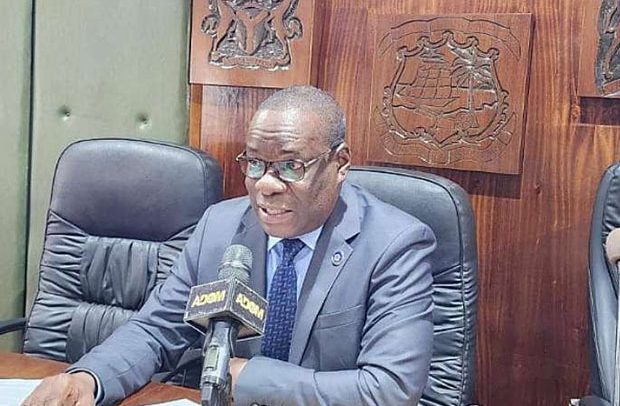
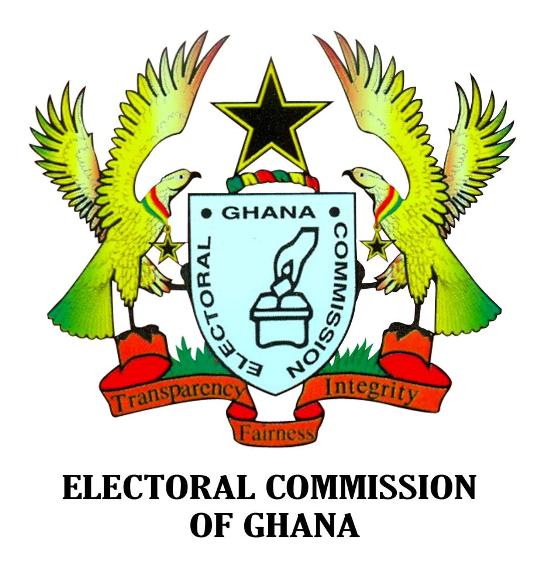
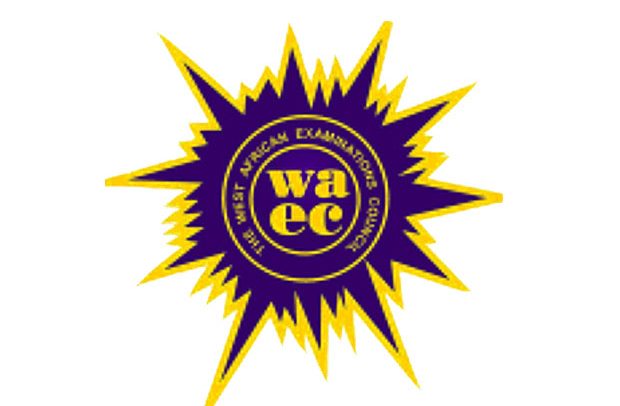



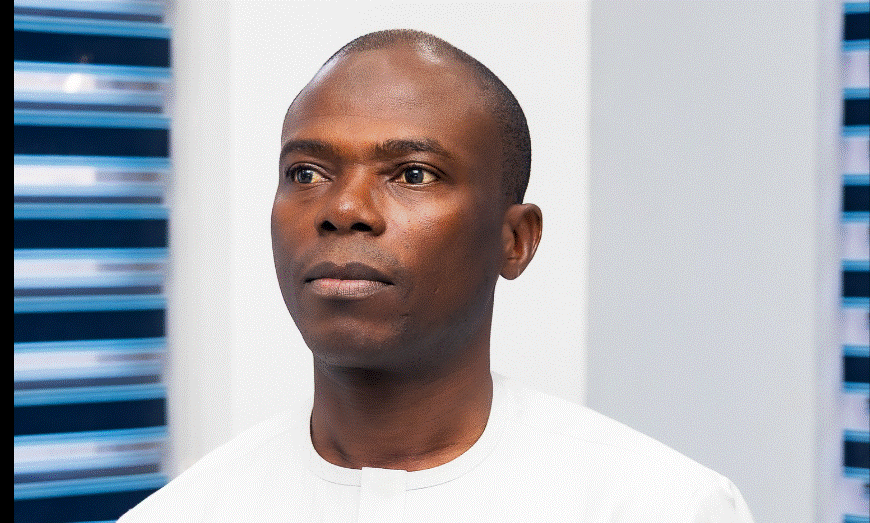




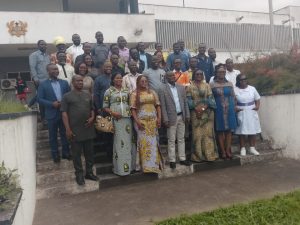




Facebook
Twitter
Pinterest
Instagram
Google+
YouTube
LinkedIn
RSS